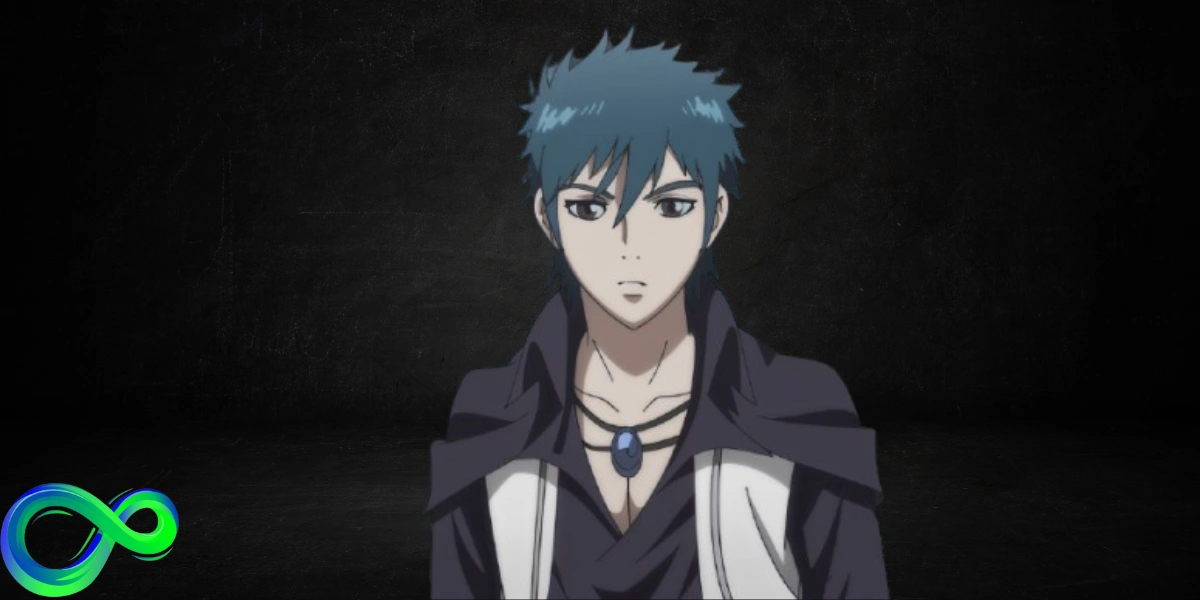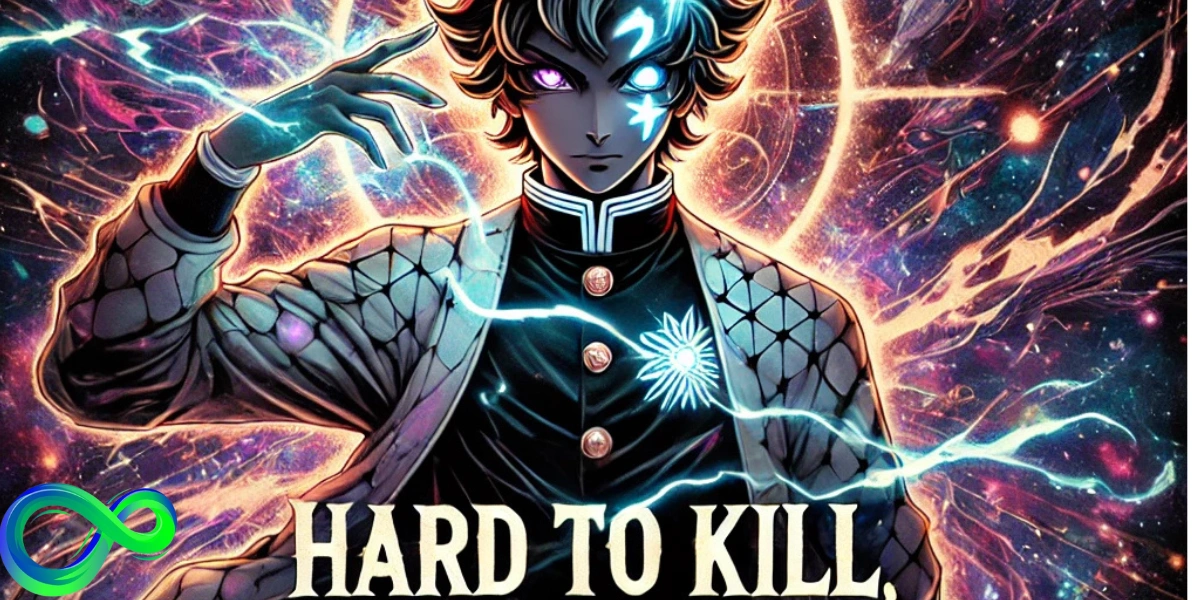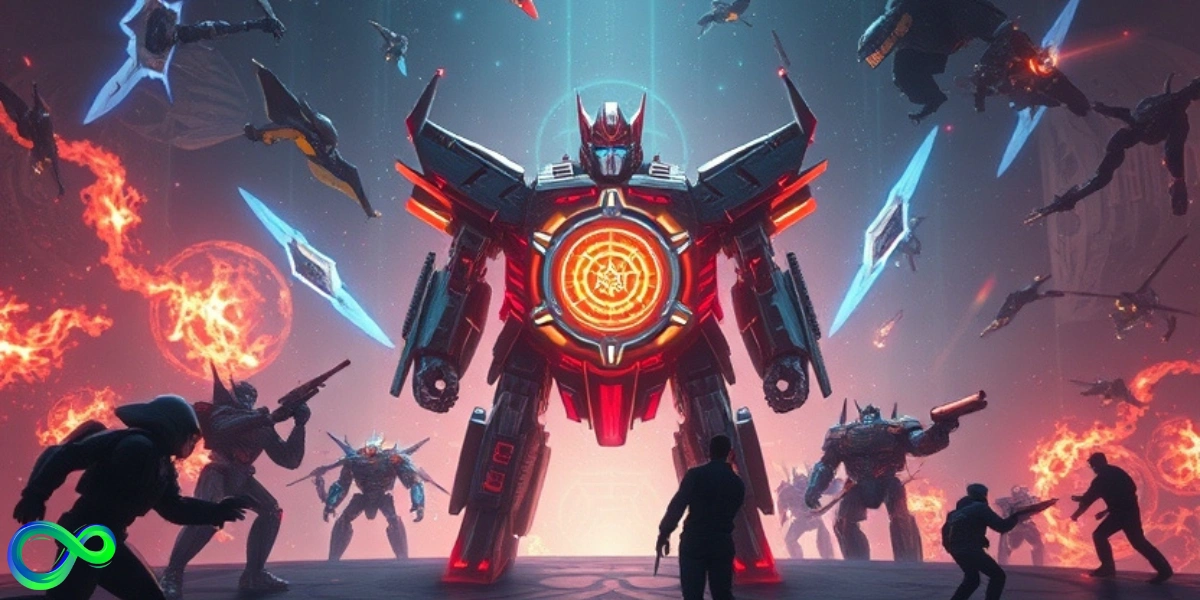Hard to Kill: Strange, Sorry I’m Immortal – Exploring the Concept of Immortality
The expression “hard to kill, strange, sorry, I’m immortal” sums up a fascinating and unique phenomenon that has caught people’s attention. This idea, which is frequently connected to a synthesis of psychological study, myth, and fiction, embodies a special combination of qualities that appear nearly superhuman.
Fundamentally, Hard to Kill Strange Sorry I’m Invincible explores the concepts of invincibility and persistent resilience, as well as what it means to have features that are above typical human limitations.
Also read:
Historical Context
Classical history and modern literature are the sources of the belief that I’m immortal and difficult to kill. The idea has changed over time, moving from legends of famous heroes who were unbeatable to modern protagonists who show superhuman stamina.
In the past, characters that have been characterized as difficult to kill—strange, sorry, I’m immortal—have frequently served as representations of the pinnacle of fortitude and tenacity, capturing humanity’s obsession with conquering hardship and death.
Why Do Writers Love Immortal Characters?
Immortal characters are more than just invincible—they reflect deeper struggles with time, loss, and purpose. Writers use them to explore questions like:
- How do you find meaning in life when it never ends?
- Can immortality bring happiness, or does it lead to isolation?
- What sacrifices come with being “hard to kill”?
Famous Immortal Characters in Pop Culture
- Wolverine (Marvel Comics): Wolverine’s rapid healing makes him nearly indestructible. However, his long life is filled with pain, as he watches loved ones age and die while he remains the same.
- Dracula (Bram Stoker): The iconic vampire is immortal but cursed to survive on human blood. Dracula’s story explores themes of loneliness and morality.
- Deadpool (Marvel): With his regenerative abilities, Deadpool cannot die. Yet, his immortality is paired with constant physical and emotional pain, making his humor a coping mechanism.
- Connor MacLeod (Highlander): Immortals in this franchise live forever but must fight each other, as “there can be only one.” Their immortality comes with relentless conflict.
- Dr. Manhattan (Watchmen): After gaining god-like powers, Dr. Manhattan becomes immortal but loses touch with humanity, questioning his role in the universe.
Psychological Implications

Insights into Human Behavior and Belief:
- The fascination with the “Hard to Kill: Strange, Sorry I’m Immortal” concept reveals deep psychological insights.
- People drawn to this idea often demonstrate exceptional mental resilience and a strong sense of self-belief.
A Psychological Coping Mechanism:
- Embracing the mindset of invincibility or immortality can serve as a coping strategy.
- This perspective allows individuals to face life’s challenges with greater confidence and determination.
Resilience and Confidence:
- Viewing oneself as “hard to kill” fosters a sense of mental fortitude.
- It encourages overcoming obstacles by reframing difficulties as opportunities to showcase strength.
Cultural Impact
Influence on Literature and Media:
- The “Hard to Kill: Strange, Sorry I’m Immortal” theme has become a staple in stories, films, and other media.
- Characters embodying these traits captivate audiences by showcasing resilience and invulnerability.
Mythical and Inspirational Archetypes:
- This concept presents extraordinary figures who push beyond human limitations, offering both entertainment and inspiration.
- It serves as a symbol of hope and strength, resonating with audiences worldwide.
Representation of Endurance and Transcendence:
- Cultural portrayals of immortality and invincibility highlight the desire to transcend ordinary limits.
- These narratives inspire viewers and readers to imagine what it means to endure and thrive despite adversity.
Scientific Perspectives

Exploring the Concept of Immortality in Science
- The phrase “Hard to Kill: Strange, Sorry I’m Immortal” inspires curiosity about human biology and resilience.
- Although true immortality remains fictional, scientific advancements are steadily extending human lifespans.
Longevity Research and Its Potential
- Cutting-edge studies focus on areas like telomere repair, gene editing, and anti-aging therapies.
- These developments aim to push the boundaries of human biology and explore ways to enhance endurance and survival.
Medical and Technological Innovations
- Innovations in biotechnology, nanotechnology, and personalized medicine drive the pursuit of prolonged life.
- While immortality may be out of reach, the quest reflects humanity’s desire to overcome its natural limitations.
The Personal Significance
A Source of Motivation
- Embracing the mindset of being “hard to kill” can serve as a powerful motivator, symbolizing strength and determination.
- This idea resonates with those who strive to conquer challenges and persevere through adversity.
A Personal Mantra for Resilience
- For some, the phrase acts as a mantra, inspiring them to push past their perceived limits.
- It symbolizes enduring resilience, reflecting the human spirit’s capacity to overcome obstacles.
Mirroring Mythical and Symbolic Immortality
- Adopting this mindset can empower individuals to emulate the endurance and strength often associated with immortals in myths and stories.
- It encourages a perspective of growth and perseverance, helping people tackle life’s challenges with courage.
The Appeal of “Hard to Kill, Strange, Sorry I’m Immortal” in Modern Entertainment
A Popular Trope Resonating with Audiences:
The concept of characters who are “hard to kill” and seemingly immortal has become a staple in modern entertainment, captivating viewers with their unique traits and abilities.
Endless Resilience and Unyielding Spirit:
These characters stand out for their extraordinary resilience, embodying the ability to endure and overcome insurmountable challenges.
Thrilling Narratives:
Immortal or nearly invincible characters drive action-packed, suspenseful stories that keep audiences on the edge of their seats.
Aspirational Figures:
These archetypes tap into the ultimate fantasy of overcoming all odds, serving as symbols of strength, perseverance, and the desire to transcend human limitations.
Collective Fascination with Defying Limits:
The enduring popularity of this trope highlights our fascination with breaking free from the boundaries of mortality and exploring the imaginative possibilities of human potential.
Adopting “Hard to Kill: Strange, Sorry I’m Immortal” as a Motivational Metaphor

Inspiration for Overcoming Challenges:
Embracing the mindset of being “hard to kill” symbolizes an unbreakable spirit, inspiring individuals to face and conquer life’s obstacles.
Fostering Resilience and Determination:
This metaphor encourages people to develop resilience, viewing setbacks as temporary and surmountable rather than insurmountable.
Promoting Confidence and Invincibility:
Seeing oneself as “immortal” in the face of adversity builds confidence, empowering individuals to tackle problems with a proactive approach.
Transforming Challenges into Opportunities:
By adopting this mindset, struggles are reframed as opportunities for personal growth and triumph rather than as barriers to success.
Encouraging a Proactive Attitude:
This perspective motivates individuals to approach personal growth and adversity head-on, cultivating a sense of empowerment and purpose.
The Symbolism of Immortality in Mythology
Gods and Heroes Who Defy Death
- In many mythologies, gods and heroes are portrayed as immortal or possessing extraordinary strength, often surviving death or enduring great challenges.
- These figures represent humanity’s deep-seated desire for eternal life and invulnerability, showcasing the aspiration to transcend mortality.
Symbolism of Immortality and Strength
- Immortal beings in myth often symbolize the quest to overcome the inherent limitations of human existence, such as aging, disease, and death.
- The recurring theme of “hard to kill” figures—those who can survive the impossible—reflects the timeless human aspiration to conquer death and achieve the impossible.
Cultural Aspirations and Human Desires
- Immortal figures are not just literal beings; they embody the values, hopes, and dreams of ancient societies.
- These symbols illustrate humanity’s longing for security, power, and a sense of control over life and death, offering a glimpse into how ancient cultures understood and valued life.
Insight Into Ancient Societies
- The myths surrounding immortality provide a deeper understanding of the ancient world’s philosophies and cultural priorities.
- Through these stories, we see how cultures tried to make sense of mortality, grappling with the fear of death and the desire for eternal glory or power.
Immortality as a Reflection of Human Nature
- The immortal heroes and gods in myths serve as a mirror to human nature, illustrating both the power and the burden that come with such extraordinary traits.
- These figures often experience a sense of isolation, loss, or existential struggle, reminding us that immortality may come with its own set of challenges.
Conclusion: Hard to Kill Strange Sorry I’m Immortal
The hard-to-kill strange sorry I’m immortal concept encapsulates a fascinating interplay of myth, psychology, culture, and science. It represents a desire for invincibility and extraordinary resilience, reflecting humanity’s enduring fascination with overcoming the limitations of mortality.
Whether viewed through historical legends, psychological resilience, cultural portrayals, or scientific inquiry, the hard-to-kill strange sorry-I’m immortal phenomenon continues to inspire and intrigue, offering a compelling exploration of what it means to transcend ordinary human limitations.
FAQS About Hard to Kill Strange Sorry I’m Immortal
Here are some FAQS about Hard to Kill Strange Sorry I’m Immortal. We try to explain deeply all and everything. Further, if you have any questions in your mind our team expert is available 24/7. Please contact us.
Q1. What does the phrase “Hard to Kill: Strange, Sorry I’m Immortal” mean?
The word embodies the sense of invincibility and incredible resilience, signifying a person or character who appears to defy death by surviving immense challenges or hardships. Characters with superhuman qualities that make them practically impossible to kill are frequently described using this term in fiction.
Q2. What are some famous immortal characters in pop culture?
Popular immortal characters include Wolverine (Marvel Comics), who has a healing factor but struggles with the pain of immortality, Dracula (Bram Stoker), the vampire cursed with eternal life, and Deadpool (Marvel), who regenerates but suffers physical and emotional torment.
Q3. What psychological effects does immortality have?
Immortality, while often seen as a gift, can lead to isolation, existential crises, and emotional detachment. People who live forever might struggle with finding purpose, forming lasting relationships, or coping with the loss of loved ones who age and die.
Q4. What role does immortality play in storytelling and entertainment?
Immortality in storytelling serves as a powerful narrative device, offering endless possibilities for conflict and character development. It allows writers to explore themes such as sacrifice, loneliness, and the human condition, providing audiences with characters who can endure anything but still face unique challenges.
Q5. Can the idea of immortality be applied to real life?
While immortality itself is a fictional concept, the metaphor of being “hard to kill” can be applied to real life as a mindset. It represents resilience, the will to survive hardships, and the mental fortitude to keep going despite obstacles, which can inspire real-world perseverance.











One thought on “Hard to Kill Strange Sorry I’m Immortal”